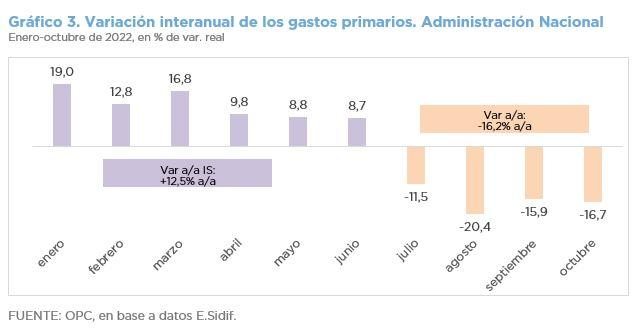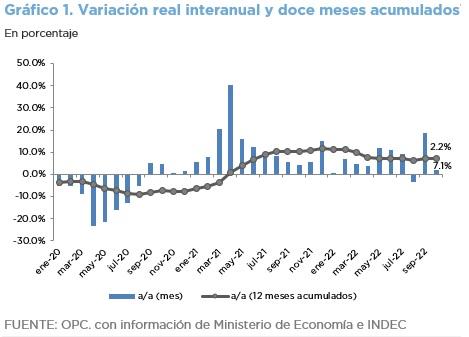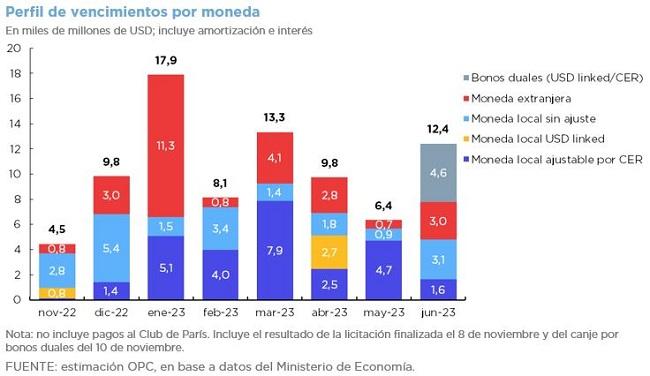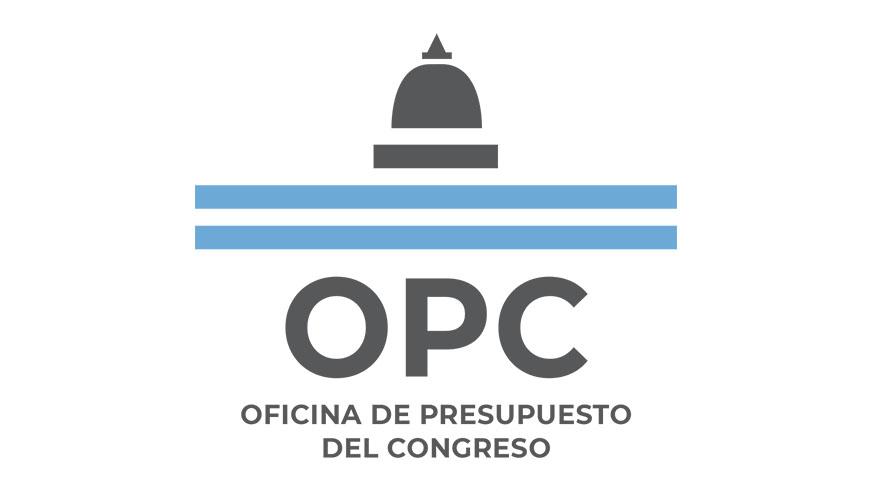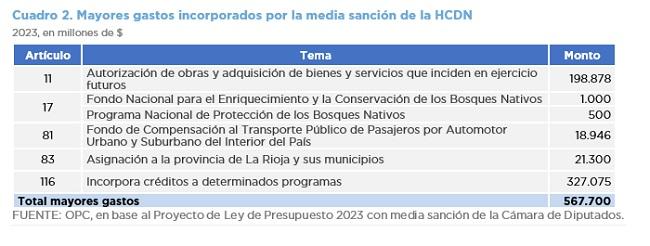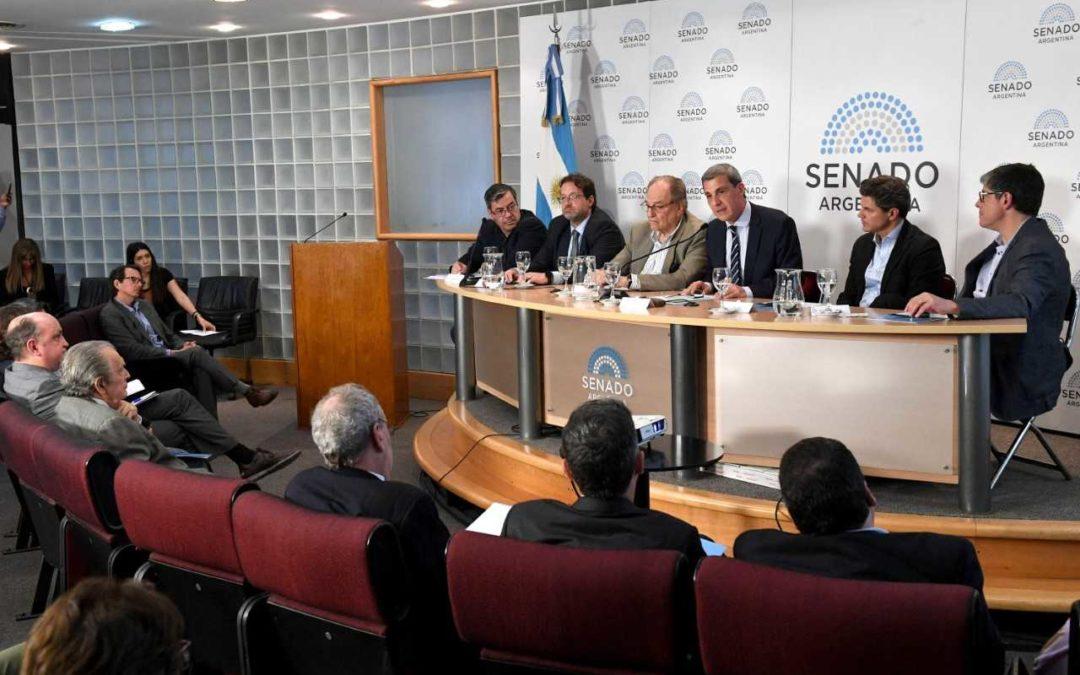
OPC ORGANIZED THE CONGRESSIONAL BUDGET OFFICES MEETING
On Tuesday, November 15, the Congressional Budget Offices Meeting: Achievements and Challenges of the Technical Budget Offices, organized by the Argentine Congressional Budget Office (OPC) took place in the Auditorium Hall of the Annex Building of the Honorable Senate of the Nation.
The event included several panels with experts in public finance and public budget, academics and national legislators who contributed with their views on the role of the technical budget offices in Argentina and the world.
The first panel, “Role of Congressional Budget Offices”, addressed the relationship between these offices and international best practices for governance, public policy design, transparency, and accountability. The panel was moderated by Marcos Makón, Director of the OPC and featured presentations by:
- Scherie Nichols (Expert – OECD)
- Roberto García López (Expert)
- Diarra Sourang (Director of Economic Analysis) and Kristina Grinshpoon (Director of Fiscal Analysis) of the Parliamentary Budget Office of Canada (PBO)
- Mark Hadley (Director of Operations of the U.S. Congressional Budget Office – CBO)
- Rodrigo Ruiz Silva (Head of the Office of Information, Analysis and Budgetary Advisory of the Senate of Chile – OPS)
The second panel, “What is the role of the OPC in Argentina’s parliamentary work? An overview of the 2018-2022 management experience. Achievements and the road ahead”, was moderated by Deputy Germán Martinez and featured presentations by:
- Luciano Laspina (National Deputy. He was part of the first OPC Parliamentary Oversight Committee)
- Marco Lavagna (Former National Deputy. He was a member of the Parliamentary Oversight Committee that conducted the competitive examinations to appoint authorities of the OPC and assisted in its creation)
- Juan Manuel Abal Medina (Former National Senator. He was president of the Budget Committee of the Treasury and author of Law 27,343 for the creation of the Argentine Congressional Budget Office)
- Carlos Heller (National Deputy – Chairman of the Budget and Finance Committee of the Chamber of Deputies)
- Ricardo Guerra (National Senator – Chairman of the Budget and Finance Committee of the Senate)
The meeting was attended by legislators, advisors, officials of the Executive Branch, legislators in office, journalists, and the general public. It was a very fruitful meeting to review the history of this institution, with interesting contributions in terms of international comparative experience and to highlight the work of this parliamentary support office at the national level.

